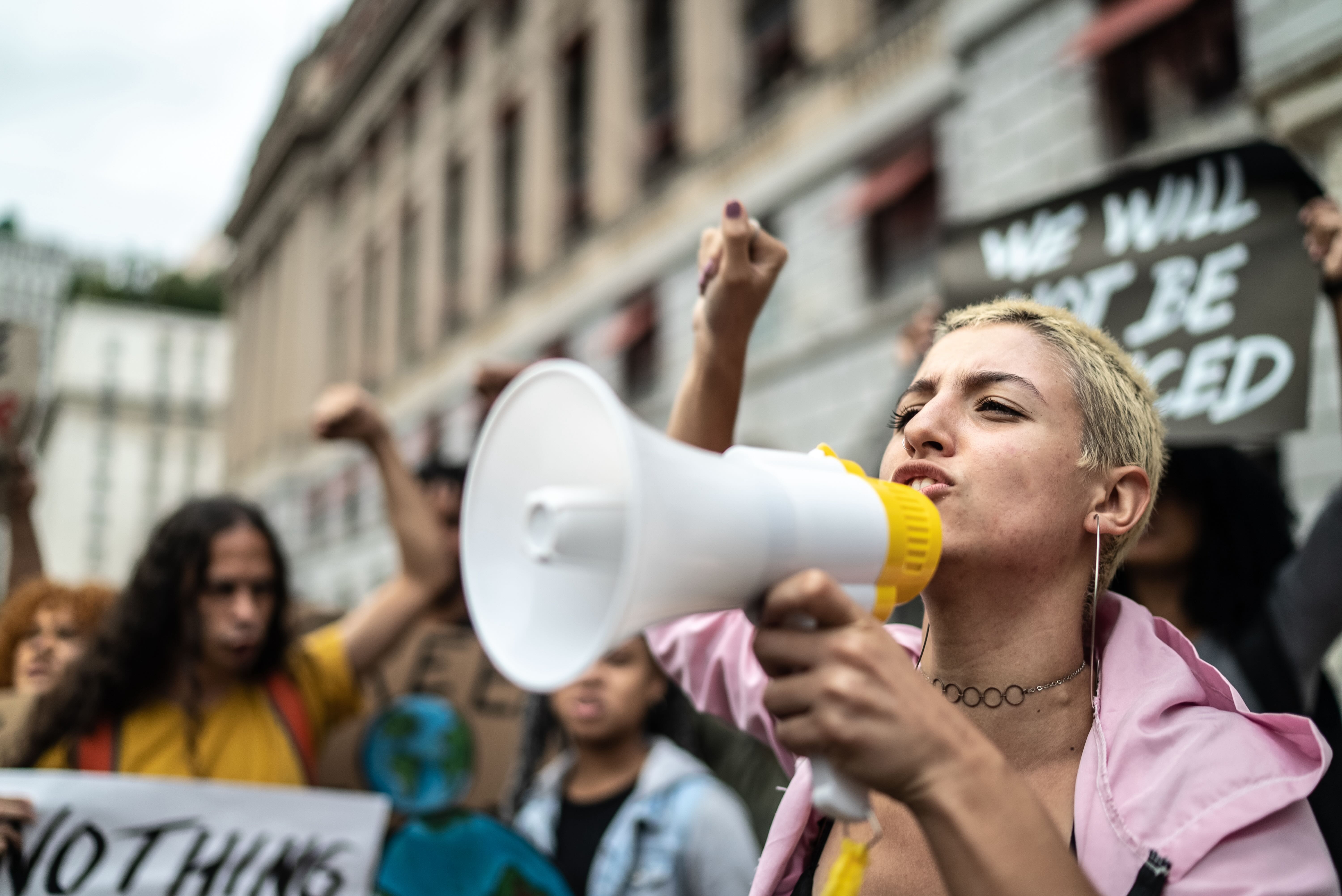
What does our constitution say about freedom of speech?

Professor Adrienne Stone discusses the differences between the Australian and US constitutions on freedom of speech and why asserting a right to free speech doesn’t make it true
Published 17 March 2021
“All democratic constitutions, including ours, contain some protection of freedom of speech. It’s a really central democratic value and so that’s not surprising,” says Adrienne Stone, Redmond Barry Distinguished Professor and Director of the Centre for Comparative Constitutional Studies at Melbourne Law School, University of Melbourne.
“Understandings of freedom of speech have for a very long time been dominated by the law and theory of the first amendment to the constitution of the United States,” Professor Stone says.

But the Australian constitution addresses freedom of speech in a unique way.
“Unlike most constitutions, it doesn’t have a provision that says there shall be freedom of speech, or everyone has the right to freedom of expression,” Professor Stone says.
“Our constitution simply says that the two houses of parliament shall be directly chosen by the people, and that has formed the basis of a very interesting body of law, a lot like a right to freedom of speech.
“The High Court has said, not at all unreasonably, that if we’re serious about having a parliament that’s directly chosen by the people, we ought to be able to be free to discuss political matters amongst ourselves and it’s developed something called the freedom of political communication.”
“Any serious thinker, any serious judge, who has had to implement the principles always recognises that freedom of speech operates over a limited field and the task of determining the boundaries is the hard bit. Merely asserting a right to freedom of speech doesn’t make it true.”
Professor Stone points out that many people think that there is a settled idea about what freedom of speech is. “But I can’t think of any area of political thought that is more contested than freedom of speech, so there isn’t a correct answer,” she says.
“We need to be very careful about taking the view that there are positions that are so wholly unacceptable that they don’t receive the protection of freedom of speech.
“But saying that we allow people to put out views about climate change, not getting vaccinated or strange views about COVID, for example, by saying that they’re protected by freedom of speech doesn’t necessarily mean that the idea is accorded any respect.”
Episode recorded: February 4, 2021.
Interviewer: Dr Andi Horvath.
Producer, audio engineer, editor: Chris Hatzis.
Co-producers: Silvi Vann-Wall and Dr Andi Horvath.
Banner: Getty Images
Subscribe to Eavesdrop on Experts through iTunes.

